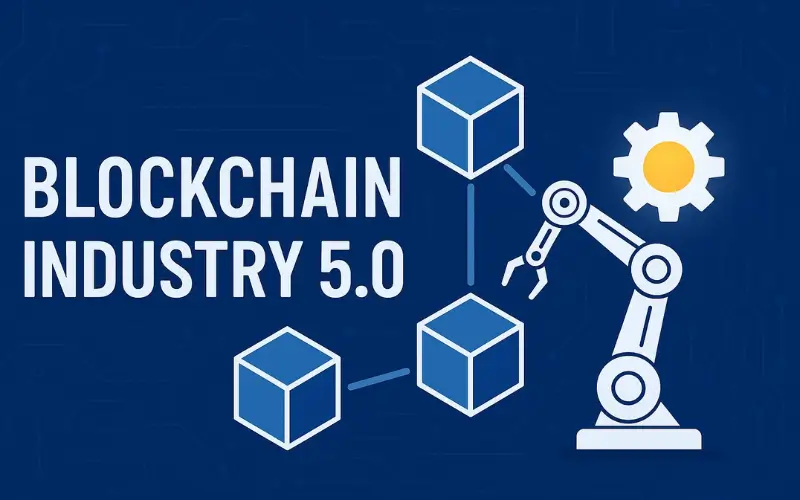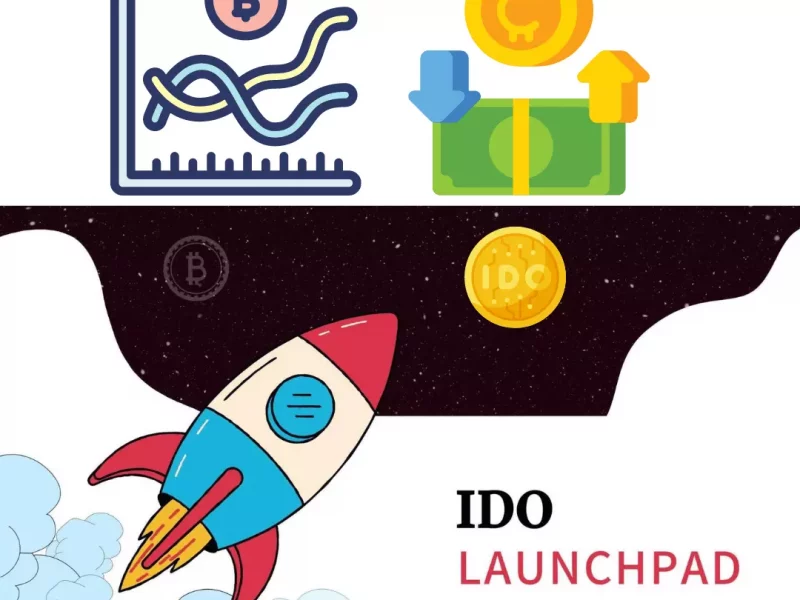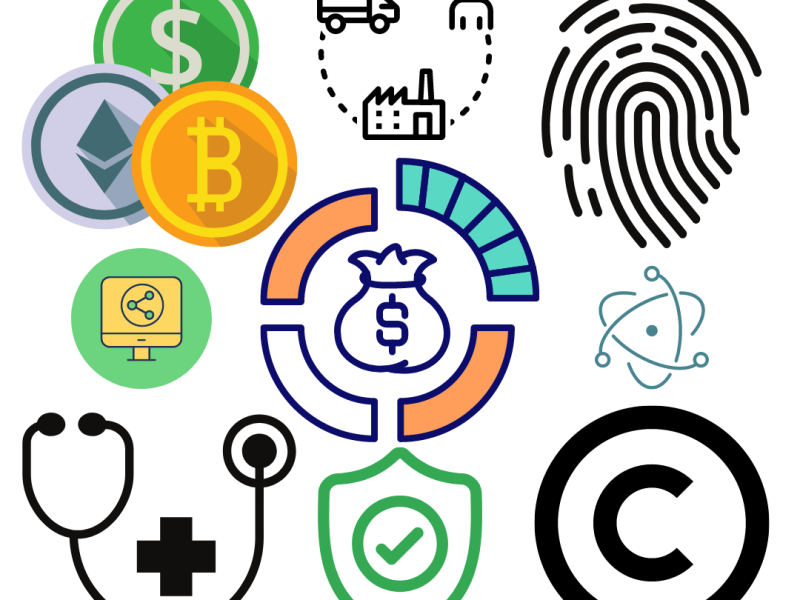Learn how blockchain and Industry 5.0 integrate to improve supply chains, enable secure digital twins, and drive ethical, sustainable manufacturing.
What Industry 5.0 and Blockchain Are Really About
Industry 5.0 marks a new era of humans working alongside intelligent machines, where smart robotics, AI, IoT, and other technologies make it possible to customize products at scale, reduce waste, and build more resilient systems. Unlike Industry 4.0, Industry 5.0 focuses on humans and emphasizes ethical practices, sustainability, and worker well-being. Blockchain is essentially a decentralized ledger and it keeps records in secure, unchangeable blocks and shares them across a peer-to-peer network. Its inherent transparency, security, and automation make it ideal for Industry 5.0 ecosystems.
Supply-Chain Transparency and Sustainable Practices
Combining blockchain with Industry 5.0 promotes sustainable and transparent supply chains. In the ready-made garment (RMG) industry, research shows that key synergies include reverse logistics and recycling, supply-chain collaboration and visibility, and ethical practices. This shared, tamper-proof system lets everyone involved workers, suppliers, regulators, and consumers to trace materials and verify ethical standards. This transparency helps ensure fair wages, reduce waste, and prove sustainability claims.
Trustworthy Digital Twins and Asset Management
Digital twins are virtual models of physical assets and are a cornerstone of Industry 5.0. However, they face challenges related to data security and trust. Blockchain steps in by providing a trustworthy, decentralized way for data sharing. A study using Ethereum and IPFS showed that a blockchain-based solution improved performance, reduced transaction costs, and enhanced data integrity, although execution costs slightly increased. Smart contracts can automatically handle who gets access, keeping everything secure and tamper-proof among stakeholders.
Decentralized Collaboration and Smart Contracts
Industry 5.0 envisions globally distributed manufacturing networks where humans and robots co-operate. Blockchain’s peer-to-peer architecture enables machine-to-machine and human-to-machine transactions without a central authority. They can handle agreements, verify identities, and make sure everyone follows the rules across different participants, promoting efficient collaboration. However, it’s important to note that some processes still require human judgement and legal oversight.
Enhanced Traceability and Accountability
Industry 5.0 applications generate vast amounts of data. Blockchain’s immutable ledger helps ensure traceability from raw materials to final products, helping companies stay accountable and react faster when something goes wrong, quality monitoring, and sustainability audits. This traceability supports customized production, but requires standardized data formats and verification mechanisms to avoid invalid information.
Potential Challenges and Caveats
While the integration offers significant benefits, it also introduces challenges. These include scalability and energy consumption issues in public blockchains, data privacy concerns, regulatory and governance complexities across jurisdictions, and the need for specialized skills and cultural adaptation. Companies need a thoughtful game plan to tackle these issues and ensure successful integration.
Practical Use Cases
• Sustainable fashion: Blockchain documents each step in garment production, ensuring that recycled materials and fair wages are recorded and verifiable by consumers.
• Smart manufacturing and maintenance: Digital twins can use blockchain-based smart contracts to trigger automatic service requests when sensor data indicates wear or failure.
• Machine as a service (MaaS): Blockchain enables secure, automated microtransactions for equipment usage, supporting dynamic pricing models.
• Circular economy initiatives: Blockchain tracks materials in reverse logistics, ensuring proper recycling and rewarding participants who engage in sustainable practices.
A Balanced View
The integration of blockchain technology and Industry 5.0 offers tremendous potential for enhancing trust, sustainability, and human–machine collaboration. However, organizations must recognize that blockchain is not a panacea; successful adoption requires careful design, energy considerations, data privacy measures, skilled workforce development, and appropriate regulatory frameworks. When blockchain is used where it truly makes a difference and investing in human capital, businesses can achieve the greatest results in the Industry 5.0 era.
Author: Salauddin Ahamed Sagar




